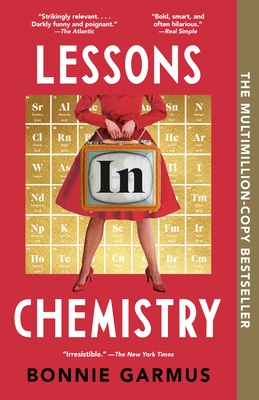Book Overview
Craig loves his boyfriend. He wants to be better, to help more, to not be an imposition. He doesn't know why Darren puts up with him. When an accident lands Craig in hospital, he's shown the truth about the type of relationship he has. The news rocks Craig's world because that's not how he sees it. At least, until Darren uses his fists one time too many.
Alex needs to get Craig to see what's happening, but he knows how difficult it is for a domestic abuse victim to get help. He tries to assist Craig, but Craig struggles with his new reality. Alex finds himself falling for the man, although it is completely the wrong time, wrong place.
His feelings for Alex confuse Craig, and he can't understand it. Alex tries to move on, but his friends bring Craig into their circle, making it almost impossible for Alex to forget him. A new relationship is not the distraction it should be, and when Craig calls for help, Alex goes running, disregarding the potential issues.
Read on to find out what happens when Craig's carefully balanced life falls apart. Who is there to help him patch up his wounds - physically, emotionally and mentally?
*This book contains sensitive material that could be a trigger for some*





























